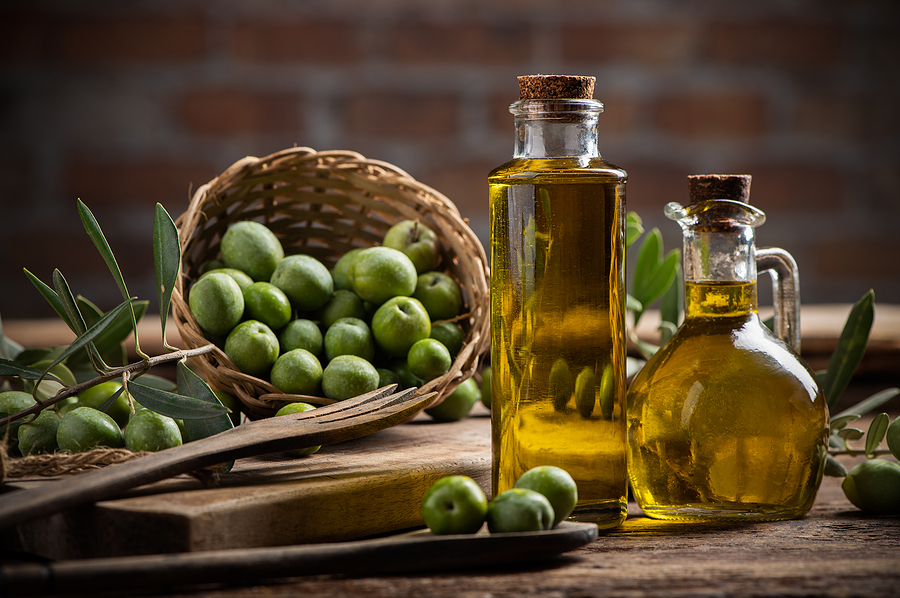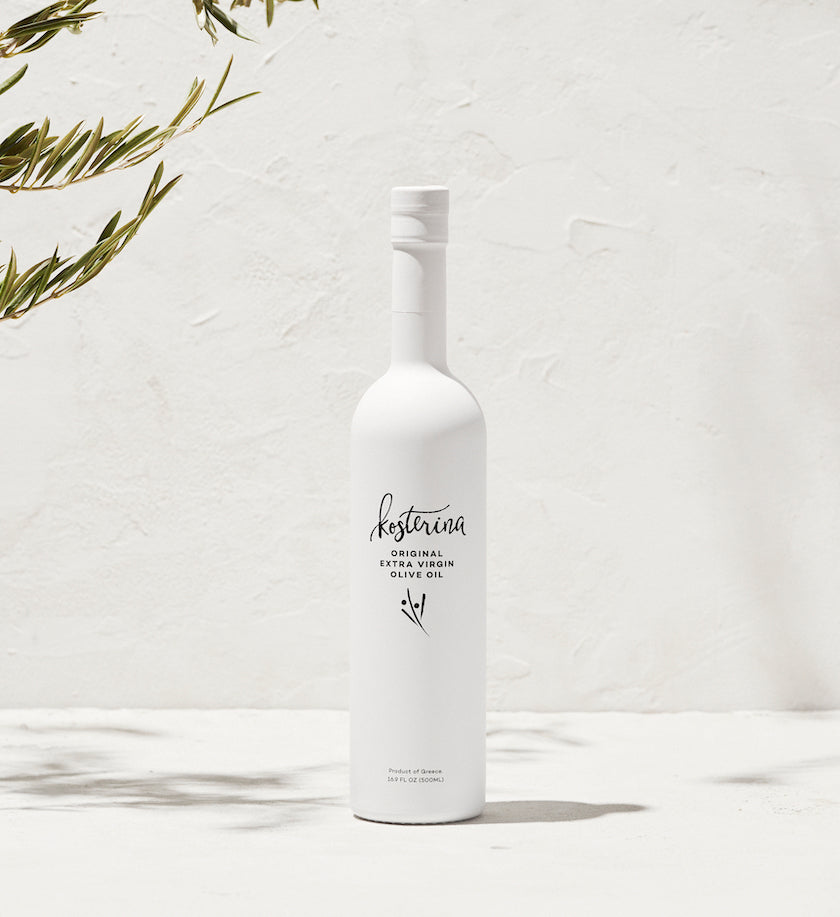The Crucial Guide to Comprehending Bonus Virgin Olive Oil and Its Culinary Perks
Additional virgin olive oil stands as a foundation of culinary excellence, differentiated not only by its exceptional quality however likewise by its myriad health and wellness benefits. This oil, extracted from the initial pressing of olives, provides reduced level of acidity and an intricate flavor account that enhances a diverse variety of recipes.
What Is Additional Virgin Olive Oil?
Bonus virgin olive oil (EVOO) is a premium oil stemmed from the first pushing of olives, defined by its reduced acidity and abundant taste profile. This oil is thought about the finest quality of olive oil, meeting rigorous standards for top quality and preference. To certify as extra virgin, the oil should be drawn out with mechanical means without using warm or chemicals, preserving the natural features of the olives.
EVOO is celebrated for its complex scent, varying from fruity to peppery, and its distinct preference that can differ based upon the olive variety and region of manufacturing. The wellness advantages of extra virgin olive oil are well-documented; it is abundant in monounsaturated fats, antioxidants, and anti-inflammatory substances, contributing favorably to heart health and wellness and general health.
In cooking applications, EVOO is versatile, suitable for showering over salads, improving the flavor of cooked meals, and working as a base for marinates. Its unique taste profile not just elevates recipes yet likewise plays a crucial role in Mediterranean food, where it is a staple component. Comprehending EVOO's qualities can improve cooking experiences and advertise much healthier consuming practices.
How Extra Virgin Olive Oil Is Made

At the mill, the olives go through a rigorous cleansing process to eliminate any kind of dirt or leaves. They are after that crushed into a paste using conventional rock mills or modern steel mills. This action is crucial for launching the oil from the cells of the fruit. Following this, the paste goes through malaxation, where it is delicately mixed to help with the separation of oil from water and solids.
The next phase entails centrifugation, which uses rapid rotating to separate the oil from the staying pulp and water. The resulting oil is after that filtered to improve quality and security. Added virgin olive oil is stored in dark glass or stainless steel containers to secure it from light and oxidation, guaranteeing its phenomenal flavor and quality are preserved until it reaches customers.
Wellness Advantages of Extra Virgin Olive Oil
What makes added virgin olive oil a staple in healthy diets around the world? Its rich structure of monounsaturated fats, primarily oleic acid, contributes significantly to cardio health. Research studies have revealed that these healthy fats can reduce inflammation, lower poor cholesterol levels (LDL), and enhance great cholesterol (HDL), thus advertising heart health and wellness.
Furthermore, extra virgin olive oil is a potent source of antioxidants, including polyphenols and vitamin E (extra virgin olive oil benefits). These substances help battle oxidative stress and decrease the risk of chronic conditions such as cancer and diabetic issues. The anti-inflammatory residential properties of extra virgin olive oil additionally enhance its health and wellness advantages, making it an important addition to an anti-inflammatory diet
Study has additionally shown that normal consumption of added virgin olive oil may support cognitive function and reduced the threat of neurodegenerative conditions, such as Alzheimer's. Furthermore, its prospective function in weight administration, when used in moderation, underscores its flexibility as a healthy fat resource.
Culinary Makes Use Of and Applications
A keystone of Mediterranean food, added virgin olive oil offers a wide range of cooking applications that improve flavor and elevate dishes. Its abundant, nuanced taste profile makes it an excellent choice for showering over salads, barbequed veggies, or baked meats, imparting deepness and richness.

In addition, it functions as an important active ingredient in dressings, supplying a base for vinaigrettes and creamy sauces, while boosting the general preference experience. Bonus virgin olive oil can also be employed as a finishing oil, included right before serving to highlight the dish's scent and taste profile.

Tips for Deciding On Top Quality Olive Oil
Picking top quality olive oil can dramatically boost both flavor and health benefits in your culinary ventures. To guarantee you pick the most effective product, consider the complying with pointers.
First, search for the classification "added virgin" on the tag. This classification shows that the oil is made from the first cold pressing of olives, maintaining the greatest level of taste article and nutrients. In addition, look for a harvest date; fresher oils are typically much better in both taste and wellness homes.
Next, consider the source. his response Oils from areas recognized for top notch production, such as Italy, Spain, and Greece, often produce exceptional items. Try to find single-origin oils, as they normally give an even more authentic taste account contrasted to blends.
Analyze the product packaging, too. Quality olive oil should be saved in dark glass containers or tins to protect it from light and oxidation. extra virgin olive oil benefits. Avoid clear plastic containers, as they reveal the oil to light, which can degrade its quality
Conclusion
In conclusion, additional virgin olive oil stands as a costs oil, celebrated for its exceptional taste and various wellness benefits. Picking premium additional virgin olive oil is crucial for enhancing both flavor and wellness homes, enhancing its condition as a staple in healthy cooking and dietary techniques.
Extra virgin olive oil (EVOO) is a top quality oil obtained from the first pushing of olives, defined by its reduced acidity and rich taste account.The production of added virgin olive oil begins with the mindful harvesting of olives, which are typically handpicked to prevent damages to the fruit. Added virgin olive oil is stored in dark glass or stainless steel containers to protect it from light and oxidation, ensuring its remarkable flavor and quality are maintained up until it reaches consumers.
In final thought, added virgin olive oil stands as a premium oil, celebrated for its phenomenal flavor and countless health and wellness benefits. extra virgin olive oil benefits. Picking high-quality extra virgin olive oil is crucial for optimizing both flavor and health and wellness residential or commercial properties, strengthening article source its condition as a staple in healthy food preparation and nutritional methods
Comments on “Extra Virgin Olive Oil Benefits: The Secret to Healthier Hair and Nails”